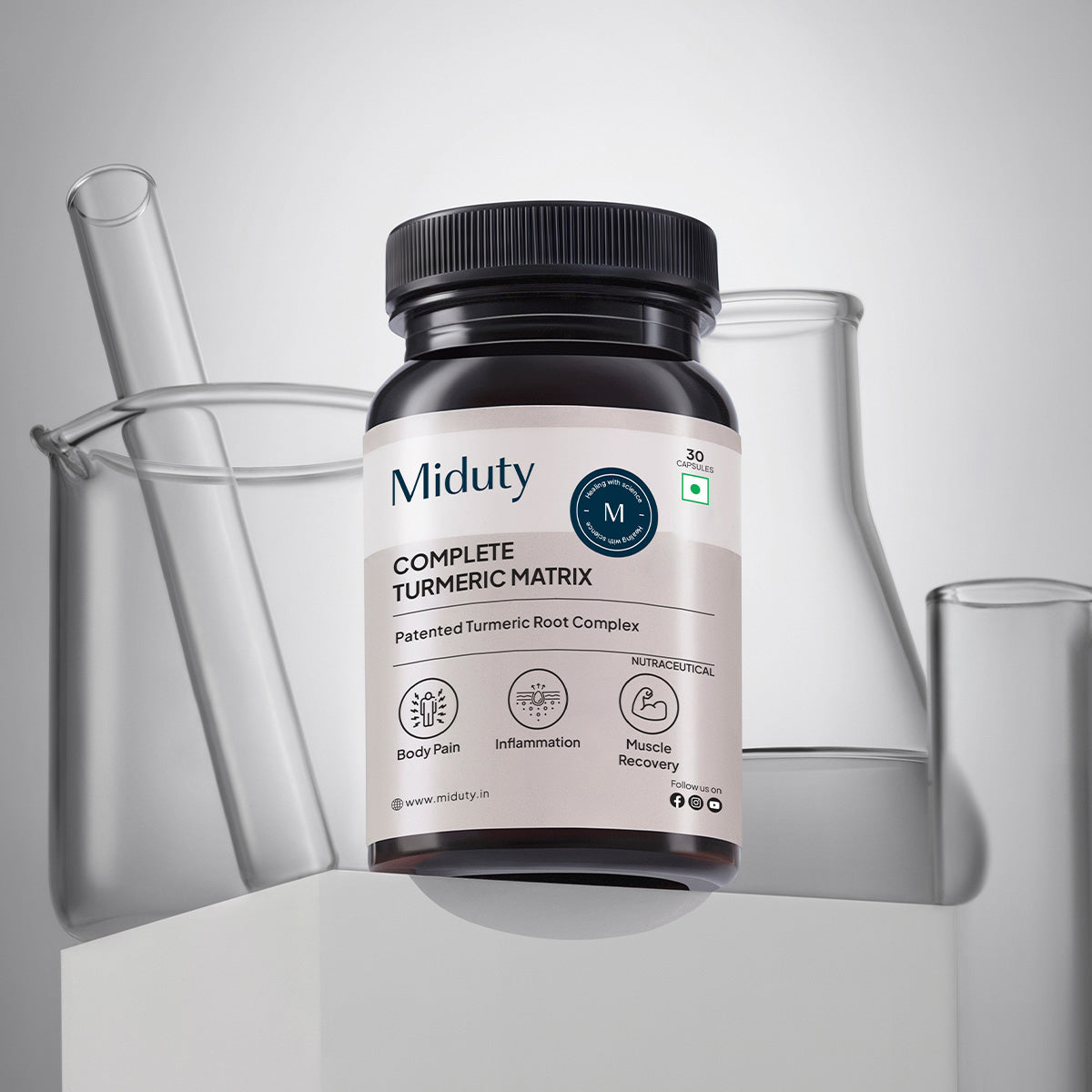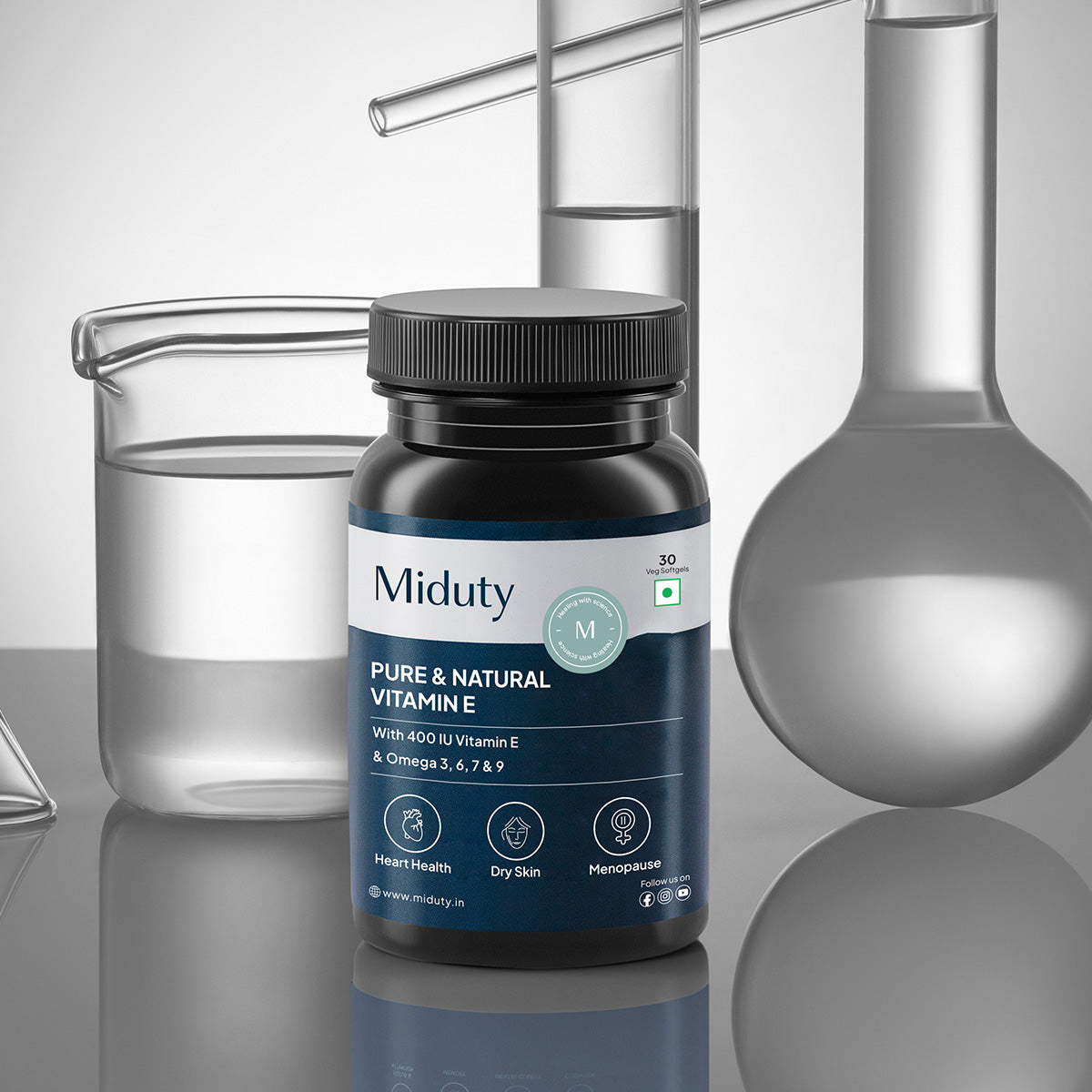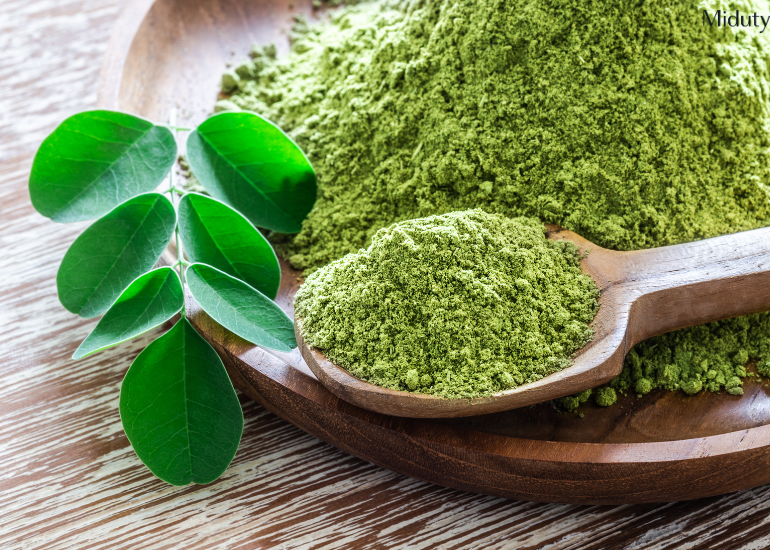
How Weight Loss Reduces Lasting Damage Caused By Fatty Liver
Fatty liver disease might sound like something only heavy drinkers get, but guess what? Millions of people who don't touch a drop of alcohol are quietly developing this silent killer. It's called Non-Alcoholic Fatty Liver Disease (NAFLD), and it's creeping up on people of all shapes and sizes, but especially those carrying a few (or more) extra pounds.
Your liver is a hardworking organ filtering toxins and breaking down fats, and is gradually becoming overwhelmed by fat deposits. You might not feel anything. No pain, no swelling. Yet inside, your liver is struggling. Over time, this buildup can lead to inflammation, scarring, and irreversible damage.
Key Takeaways:
1) You Don't Need to Drink to Damage Your Liver: Non-Alcoholic Fatty Liver Disease (NAFLD) is now affecting nearly 40% of Indian adults, even those who never touch alcohol. Find out if you're at risk and what you can do about it.
2) Losing Just 5-10% of Your Weight Can Reverse Liver Damage: Science shows that a small reduction in body weight can significantly reduce liver fat, inflammation, and even early-stage scarring. Learn how to start this transformation today.
3) Your Belly Fat Could Be Overworking Your Liver: Discover how visceral fat sends harmful signals directly to your liver, and why trimming your waistline may be the best gift you can give your body.
4) Try This Science-Backed Supplement Stack for Liver Healing: Learn how milk thistle, omega-3s, and Vitamin E can support liver regeneration, reduce fat, and lower inflammation naturally.
5) Start a 30-Minute Daily Walk to Melt Liver Fat: Just 30 minutes of brisk walking a day can dramatically cut liver fat, improve insulin sensitivity, and boost your metabolism. No gym needed just consistency.
More than 1 in 4 people globally have fatty liver disease. In India, the situation is even more alarming. Recent studies indicate that the prevalence of NAFLD among Indian adults is approximately 38.6%. This means that nearly 4 out of 10 adults in India are affected by this condition. The prevalence is notably higher in urban areas, with reports indicating rates of 32% in Chennai and 16.6% in Mumbai.
The good news is you can heal your liver, and often, you don't need medications or surgery. The most powerful treatment? Losing weight. Trimming just 5 to 10% of your body weight can reduce liver fat, inflammation, and even reverse the damage.
Ready to find out how your waistline could save your life? Read ahead to know the science, the risks, and most importantly, the solution.
Understanding NAFLD
What is NAFLD? (Non-Alcoholic Fatty Liver Disease)
NAFLD stands for Non-Alcoholic Fatty Liver Disease, a condition where fat accumulates in the liver of people who drink little or no alcohol. Unlike alcoholic liver disease, NAFLD isn't caused by booze; it's largely linked to obesity, insulin resistance, and metabolic syndrome.
There are two main types of NAFLD:
1) Simple fatty liver (steatosis)- This is the early, less severe form where fat is present in the liver, but there's little to no inflammation or liver cell damage.
2) Non-alcoholic steatohepatitis (NASH)- A more serious form where fat causes inflammation and damage to liver cells. Over time, NASH can progress to fibrosis (scarring), cirrhosis, or even liver cancer.
The shocking part is that NAFLD often progresses silently, without symptoms, until it's advanced. That's why awareness is key, especially if you are overweight or have high blood sugar.
Causes and Risk Factors
So, what causes fat to accumulate in your liver? It's not just about poor food choices, though diet plays a major role. Here are some of the top risk factors:
1) Obesity and being overweight, especially around the belly
2) Type 2 diabetes and insulin resistance
3) High triglycerides and low HDL (good cholesterol)
4) Metabolic syndrome, a cluster of conditions including high blood pressure, high blood sugar, excess body fat around the waist, and abnormal cholesterol levels
5) Sedentary lifestyle- little to no physical activity
6) Poor diet, especially one high in sugar, processed foods, and refined carbs
7) Genetics - family history can increase the risk
Interestingly, even some people at a normal weight develop fatty liver. It's not just about body weight, it's about how your body handles insulin and stores fat.
The Connection Between Weight and Liver Health
How Excess Fat Affects Your Liver
Your liver is like a sponge when it's healthy; it processes nutrients, toxins, and hormones efficiently. But when it's overwhelmed with fat, it starts to swell. Over time, this leads to inflammation and scarring, making it harder for your liver to function.
Excess body fat, especially visceral fat (the deep fat surrounding your organs), is the main culprit here. It's metabolically active and releases fatty acids directly into the liver. That constant overload forces your liver to store more fat, pushing it toward fatty liver disease. Worse yet, this cycle feeds itself: a fatty liver increases your risk of insulin resistance, which makes you gain more fat. It's a vicious loop, but one that can be broken with weight loss.
The Science Behind Fat Storage in the Liver
When you eat too many calories, especially from sugars and refined carbs, your liver converts the excess into fat through a process called de novo lipogenesis. Some of this fat is stored in fat cells, but when those cells are full, the overflow spills into your liver. Imagine this happening meal after meal, day after day. Over time, the liver becomes a storage unit for fat that it was never designed to handle. The liver keeps storing fat, inflammation builds, and damage begins.
The Role of Insulin Resistance and Metabolism
Insulin is like a key that lets sugar into your cells for energy. But when you're insulin resistant, the key doesn't work properly. So sugar stays in the blood, and your pancreas pumps out more insulin to compensate. This high-insulin state not only leads to type 2 diabetes but also encourages fat storage, especially in the liver.
People with insulin resistance often have higher levels of triglycerides and free fatty acids, which the liver tries to clean up. But instead of burning them for fuel, it stores them as fat, contributing to NAFLD. As liver fat increases, it worsens insulin resistance, which causes even more liver fat. Again, a dangerous cycle, but one that can be reversed through weight loss.
How Weight Loss Reverses Fatty Liver Damage?
Your liver is a regenerative powerhouse. Unlike many other organs in your body, the liver can heal itself, even regenerate new, healthy cells, when you remove the factors that cause harm. And one of the most effective ways to do that? Losing weight.
When you lose weight, especially through a combination of calorie control, balanced nutrition, and regular physical activity, your liver gets a much-needed break. Here's how:
1) Less Fat Reaches the Liver: Excess body fat, especially visceral fat around your organs, sends a lot of fatty acids to the liver. This overload leads to fat buildup inside liver cells, known as hepatic steatosis. But when you lose weight, this flow of fat decreases, giving the liver a chance to shed stored fat and function more efficiently.
2) Insulin Sensitivity Improves: Obesity is often linked to insulin resistance, which forces your pancreas to overproduce insulin. As you slim down, your body becomes more responsive to insulin. That means better blood sugar control and less new fat being created and stored in the liver.
3) Inflammation Subsides: Fatty liver disease isn't just about fat; it's also about inflammation. Chronic low-grade inflammation causes liver cells to become damaged, progressing conditions like NAFLD (non-alcoholic fatty liver disease) into NASH (non-alcoholic steatohepatitis). Weight loss significantly reduces this inflammation, stopping disease progression and protecting liver cells from further damage.
4) Fibrosis Can Be Reversed: In the early stages of liver fibrosis, where scar tissue forms in response to ongoing inflammation, the damage can be undone. Studies show that sustained weight loss (around 7-10% of body weight) can lead to the regression of fibrosis. . The liver tissue becomes more functional, restoring its ability to filter toxins, produce bile, and support digestion.
This is why so many health experts say, "Weight loss is liver medicine." Because in many cases, it truly is the first and most powerful step toward healing.
Supplements to Support Fatty Liver Recovery
Milk Thistle and Silymarin
One of the most studied and recommended supplements for liver health is milk thistle, especially its active compound silymarin. Silymarin is a powerful antioxidant that protects liver cells from damage, supports liver regeneration, reduces inflammation and lowers liver enzyme levels in some studies
Some clinical trials have shown that taking milk thistle extract daily for 8-12 weeks can reduce liver fat and improve liver function in people with NAFLD. Just make sure you get a high-quality, standardized extract (70-80% silymarin content) and talk to your doctor before starting.
Omega-3 Fatty Acids
Found in fatty fish, flaxseeds, and fish oil supplements, omega-3s have powerful benefits for both the liver and the heart. It reduces triglycerides in the liver, improves insulin sensitivity, lowers inflammation, and may reduce liver enzyme levels
A meta-analysis of multiple studies found that omega-3 supplementation led to a significant reduction in liver fat, especially when combined with lifestyle changes. Try to eat fatty fish like salmon or sardines at least twice a week, or supplement with a high-quality fish oil containing at least 1,000 mg EPA/DHA daily.
Vitamin E and Other Antioxidants
Vitamin E is another standout supplement for liver support, especially for people with non-diabetic NASH. It acts as an antioxidant, protecting liver cells from oxidative stress and damage.
In a landmark clinical trial (PIVENS), people with NASH who took 800 IU of Vitamin E daily had significantly improved liver function and less inflammation than those who didn't.
Other useful antioxidants include:
- NAC (N-Acetyl Cysteine) - boosts glutathione, a key liver detox enzyme.
- Turmeric (curcumin) - reduces inflammation and may help with liver fat.
- Green tea extract -has catechins that support fat metabolism.
Always talk to a healthcare expert before starting any supplement, especially if you're on medications.
Conclusion
Fatty liver disease might be silent, but its consequences are deafening if ignored. From mild fat accumulation to full-blown liver failure, NAFLD is a stealthy but serious threat that affects millions. But here's the game-changing truth: your liver can heal, and often, it doesn't need a prescription just your commitment.
Losing just 5-10% of your body weight through diet and exercise can dramatically reverse liver fat, reduce inflammation, and even undo early damage. The journey won't be overnight, and perfection isn't the goal. Progress is.
By eating smarter, moving daily, and adding liver-friendly supplements, you can transform your health from the inside out. Your liver is resilient. It's waiting for you to give it a chance.
So start small, stay consistent, and remember a healthier liver starts with a healthier you.
Frequently Asked Questions on Weight Loss and Fatty Liver
Q1- Can fatty liver cause you to lose weight?
Fatty liver usually doesn't cause weight loss in fact, it's often linked with weight gain and metabolic issues. Supporting liver health with Miduty's Liver Detox can help manage fat accumulation and improve metabolism.
Q2- Does losing weight improve my liver?
Yes, gradual and sustained weight loss can significantly reduce liver fat and inflammation. Miduty's Liver Detox supports this process by enhancing fat metabolism and liver repair.
Q3- Is rapid weight loss bad for the liver?
Yes, losing weight too quickly can worsen liver inflammation and cause gallstones. Combine safe weight loss with Miduty Liver Detox for a healthier and sustained liver recovery.
Q4- Can fasting remove fat from the liver?
Intermittent fasting may reduce liver fat when done safely, but it should be combined with nutritional support. Miduty Liver Detox enhances fat breakdown and liver function during such routines.
Q5- Will my liver get better if I lose weight?
Absolutely! Even 5-10% weight loss can significantly improve liver health. Add Miduty Liver Detox to accelerate healing and support long-term liver wellness.
References













